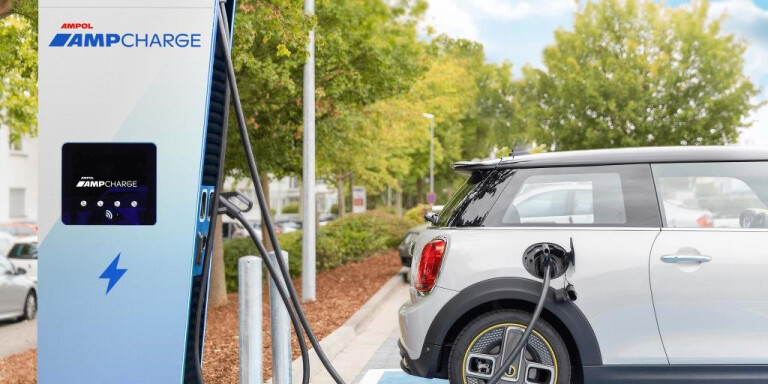
UPDATE: Consultation on EV strategy launched
The Federal Government has today launched a consultation on its first electric vehicle strategy.
The consultation, which was announced at Australia's first ever EV summit last month, will seek Aussies' views on how to encourage uptake of EVs, increasing charging infrastructure, boosting local manufacturing – as well as the much talked about fuel-efficiency standard.
Minister for Climate Change and Energy Chris Bowen said well-designed policies will help secure more affordable EVs for Australia in future.
“At the heart of the national strategy will be a plan to improve affordability and choice for consumers by growing the Australian EV market,” he said.
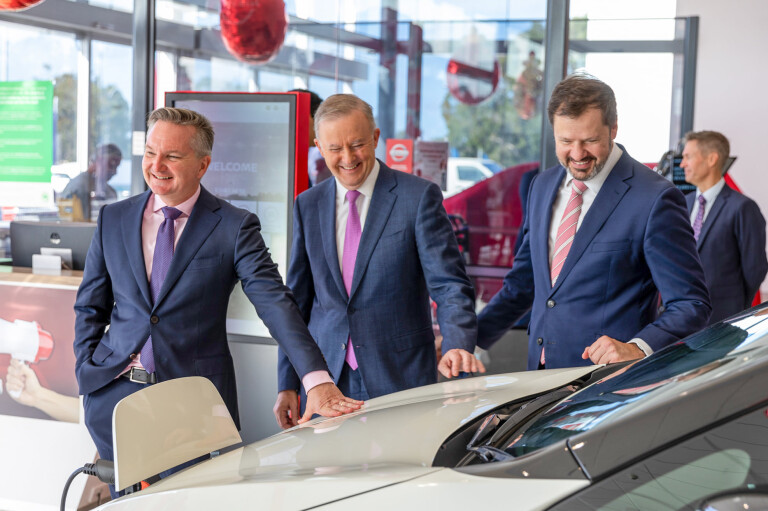
“This is a genuine consultation to inform the right policy settings so we can see more affordable electric vehicles on our roads.
“Right now, Australians miss out on a wider choice of affordable EVs because of our policy settings are outdated. It's time for Australians to get a fair go when they're deciding on their next car.”
“Our cars are less fuel efficient on average than Europe and the US. Now is the time for Australia to join the rest of the world and electrify our road transport,” added Minister for Infrastructure, Transport, Regional Development and Local Government Catherine King.
Behyad Jafari, CEO of the Electric Vehicle Council (EVC), said the Government was right to start with making EVs more affordable, but the real priority was an emissions standard.
“Australia can absolutely be an EV powerhouse, employing Australians to build products right across the EV supply chain. But we won’t realise those opportunities while our standards lag the rest of the world," Jafari said.
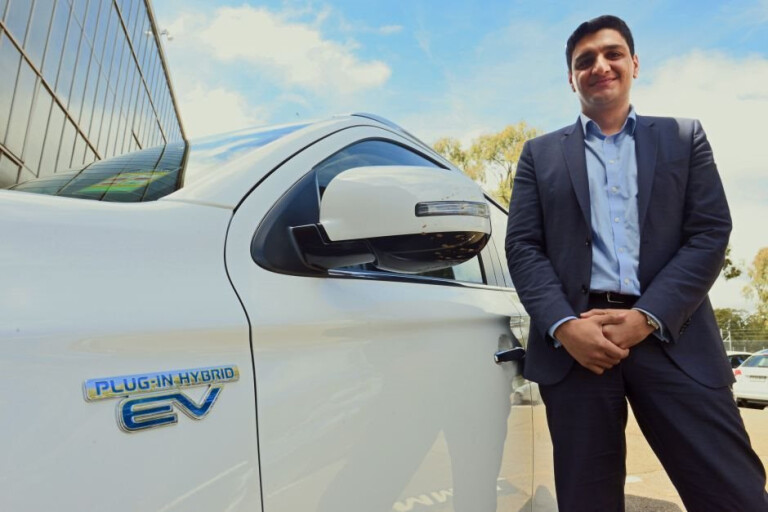
“The most urgent next step from this process is a strong fuel-efficiency standard that reflects best practice."
The Federal Chamber for Automotive Industries (FCAI), the peak body for Australia’s automotive industry, also has welcomed the
release of the Discussion Paper but said the outcome must be an ambitious yet achievable policy framework for carmakers and consumers.
“There are many key issues that need to be examined in this review. These include vehicle price, model availability, battery supply and the provision of further consumer support through the development of charging infrastructure and purchase incentives," said Chief Executive Tony Weber.
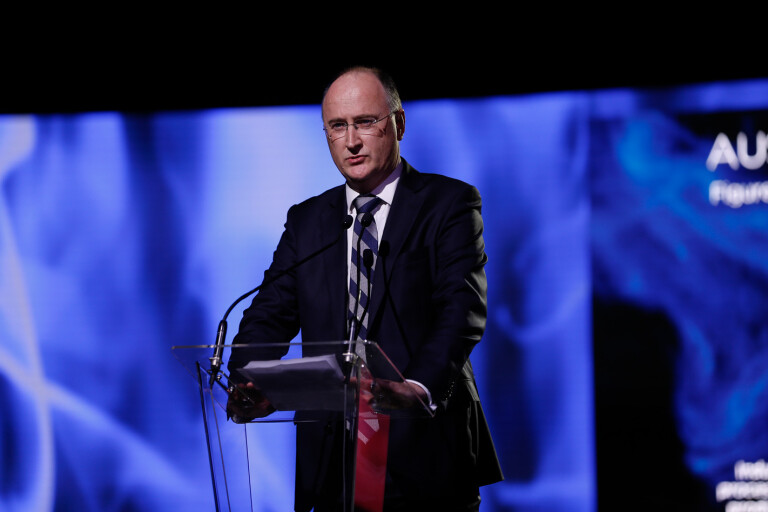
The story to here
August 19: EV Summit calls for fast action on emissions standard
A national emissions target for new cars needs to come quickly if Australia is to catch up to the rest of the world, the country’s first ever electric vehicle summit heard today.
Carmakers, politicians and consumer groups spoke at the inaugural event in Canberra on Friday, calling the announcement of a federal consultation on developing a fuel-efficiency standard a key moment and saying the “starting gun has been fired”.
Federal Minister for Climate Change and Energy Chris Bowen appeared at the summit this morning to make the announcement, which also included a national EV strategy and look at implementing a country-wide incentive scheme.
But before long, much of the debate turned to how long it would take to bring in an emissions target.
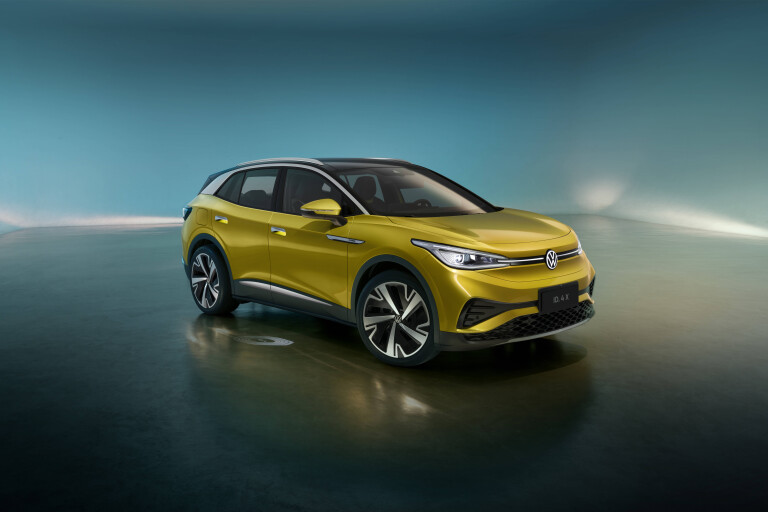
“We need to exert pressure for fast and timely action,” said Zoe Daniel, MP for Melbourne’s Goldstein constituency. “I understand the perspective of de-risking what has been a hit political potato for a long time, and that the Government wants to do a process of consultation – but let’s make that a quick chat.
“I would like to see the results of what that has yielded by the end of the year, then the actual writing of regulations will take time. But in the volatile political environment we’re in, we want this through in this Parliament at worst and ideally sooner.”
The need for a speedy discussion process was backed by Rob Giltinan, Director of Policy at the National Roads and Motorists’ Association (NRMA) who said an implementation date of 2025 makes sense to tie in with the reduction in the parts per million of sulphur in our petrol coming in 2024.
“We need to catch up with the rest of the world,” said Polestar Australia’s Managing Director, Samantha Johnson, “But things have to happen more quickly – we’re way behind, we can’t go at the same pace the other countries have gone we have to go faster.”
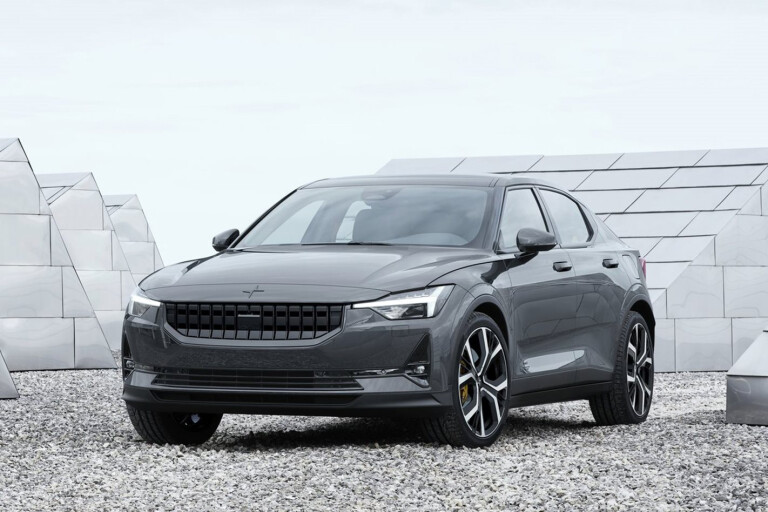
Other voices too claimed “we don’t have another three to five years to kick this around” and believed a target was needed much sooner to accelerate uptake and meet our climate goals.
Volkswagen Group Australia’s Managing Director, Paul Sansom, told the summit implementing a fuel standard could see its rollout of electric models sped up overnight.
“This conversation is one we’ve consistently been having for years now, so with today’s announcement from the Minister we are delighted to hear there is a consultation starting with the industry into fuel-efficiency standards,” he said.
“One in two of our customers is walking into our showrooms every day looking for an EV and we can’t satisfy that demand at the moment because we haven’t had the policy. So these targets are incredibly important when I have the conversations with my five different headquarters across Europe – if they ask: ‘What’s the situation in Australia Paul? Is there any legislation or penalties?’ And I say no, they say: ‘ok we’ll move onto the next market’.
“This announcement is great, but it’s only a start. If there is a need for consultation then I agree it needs to be fast – and that will unlock production for us and others in the market to give consumers more affordable EVs. There’s a huge amount of work to do.”
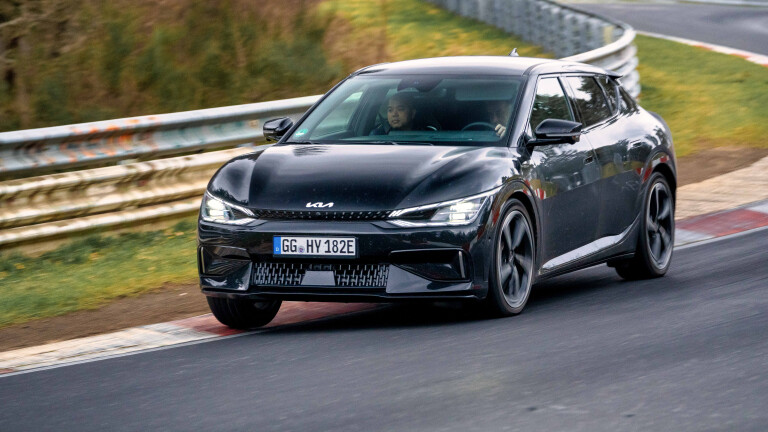
When challenged by Zoe Daniel MP on how quickly VW could change its plans to bring more EVs to Australia, Sansom added: “Implementation – if we had standards today – we could bring cars here tomorrow, we really could, it’s a game-changer, not just for VW but for everyone. It will open the doors for more affordable EVs in our market.
“The blueprints are already there for us around the world [to create an emissions standard] we don’t have to reinvent the wheel here – the most important thing is that the products are there, we can bring them here if we get the circumstances right, we don’t need the notice period we talked about before.”
“The decision-makers [at Polestar HQ] who choose whether to send EVs to any given country have to make sure that it has the right policy to support EVs, otherwise it won’t have the right demand and uptake. Even being an EV company, I still have to convince them to bring EVs here rather than to other right-hand-drive markets like the UK, which have strong supply and demand and policies in place,” added Samantha Johnson.
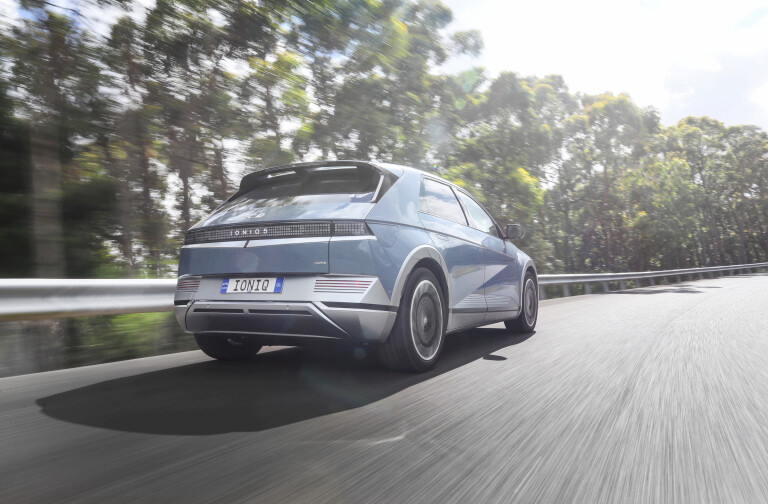
“Australia has huge potential and the momentum is there now, we just need to put all the things in place so I can now go back and say we have a good environment give me the supply to satisfy the demand.
"We’ve seen a real shift in consumer behaviour in recent years, many people are now talking about their next car being an EV. The fuel-efficiency standard is the strongest thing needed at the moment, but on the incentive and consumer side we still need a federal and consistent model.”
The NRMA too said it had seen Aussies’ perspectives on EVs shift in just the last five years.
“We have 2.8 million members and have the advantage of being able to test policy decisions regularly. In 2017 we asked our membership how they felt about EVs and received a lot of pushback – it was incredibly negative,” said Rob Giltinan.
“Over the last five years though, we’ve seen sentiments shift significantly – 60 per cent of our members are now looking to purchase an EV as their next vehicle, and a quarter are proactively researching it, we’re not getting any of the negativity like we did.”

COMMENTS